Active Participation in the 12th National Scientific Conference of Epidemiology: A Significant Step for FETP Udayana's MPH Program
The Master of Public Health (MPH) Program at Udayana University, with a focus on Field Epidemiology, actively participated in the annual event organized by FETP Indonesia from the Ministry of Health of the Republic of Indonesia, known as the National Scientific Conference of Epidemiology (NSCE). This year marked the 12th edition of NSCE, held from July 21-25, 2025, in Yogyakarta.
At this conference, two lecturers from the MPH program, Dr. dr. I Wayan Gede Artawan Eka Putra, M.Epid, who also served as the plenary session moderator, and Dr. Ni Putu Widarini, MPH, represented Udayana University. Additionally, five staff members who acted as Field Mentors, from the Provincial Health Department (I Wayan Sugihana, SKM., MPH; Putu Dwi Adi, SKM., M.Kes) and Buleleng District Health Office (Ni Nyoman Suardani, SKM., M.Kes), as well as Port Health Quarantine Office (I Made Arta, S.Kep., M.Kes), joined the delegation. The event also saw the participation of five students who had successfully passed the abstract competition for the conference: Happy Kusuma Mulya, I Gusti Sindhu Natha, Jana Darmika, and Ida Ayu Candrika as oral presenters, and I Wayan Darsana as a poster presenter.
On July 22, 2025, a pre-conference workshop was held, focusing on 7-1-7 Early Disease Detection, Non-Communicable Disease Surveillance, and the Hazard Calendar. This session was aimed at improving the competencies of FETP students and field mentors.
From July 23-25, the conference featured topics related to disease management in the context of climate change. On day one, the theme was "The Impact of Climate Change on Disease Epidemiology". On day two, discussions focused on "Climate Change and Non-Communicable Diseases", while day three explored the use of big data and AI in disease monitoring. FETP students also presented their abstracts during these sessions, showcasing their research work.
On July 24, 2025, FETP participants from universities across Indonesia showcased cultural performances in an event known as FETP National Night. FETP Udayana proudly presented a traditional Balinese Kecak Dance, which was highly appreciated.
One of the highlights of the conference was the recognition of Happy Kusuma Mulya, who received the Second Best Oral Presenter Award for her presentation on the investigation of a Meningitis Suis outbreak in Karangasem, Bali. Additionally, the FETP Udayana team was honored with the Best Performance Award for their Kecak Dance performance, further underscoring the program’s strong presence at the national level.
We extend our gratitude to FETP Indonesia, CDC Indonesia, and all those who contributed to enhancing the learning capacity of our students, field mentors, and lecturers at Udayana University.
Key Takeaways for Future Program Development
• Cross-Disciplinary Collaboration: The event highlighted the value of cross-disciplinary collaboration between education and health sectors, enriching the learning experience for both students and faculty. This collaboration is crucial in ensuring that students are equipped with the practical knowledge and skills necessary to address complex public health challenges.
• Knowledge Exchange and Networking: The conference provided a platform for sharing experiences on outbreak investigations and surveillance across regions in Indonesia, fostering networking opportunities with health professionals, students, and mentors from across the country.
• Up-to-Date Information: Participants were able to receive up-to-date information on disease epidemiology, the role of AI, and other digital technologies in health monitoring. This exposure is essential for shaping the research and thesis ideas of students and informing public health programs.
• Strengthening Student and Faculty Engagement: The event promoted strong camaraderie between students, lecturers, field mentors, alumni, and healthcare practitioners across Indonesia. This engagement not only enhances the learning environment but also fosters long-term professional relationships that contribute to the growth of public health networks in Indonesia.
In conclusion, the NSCE provided invaluable insights, practical experiences, and recognition for FETP Udayana’s MPH program, demonstrating its active engagement in addressing pressing public health issues through education, collaboration, and innovation. The recognition of students and cultural contributions further strengthens the program’s commitment to fostering academic excellence and public health leadership.
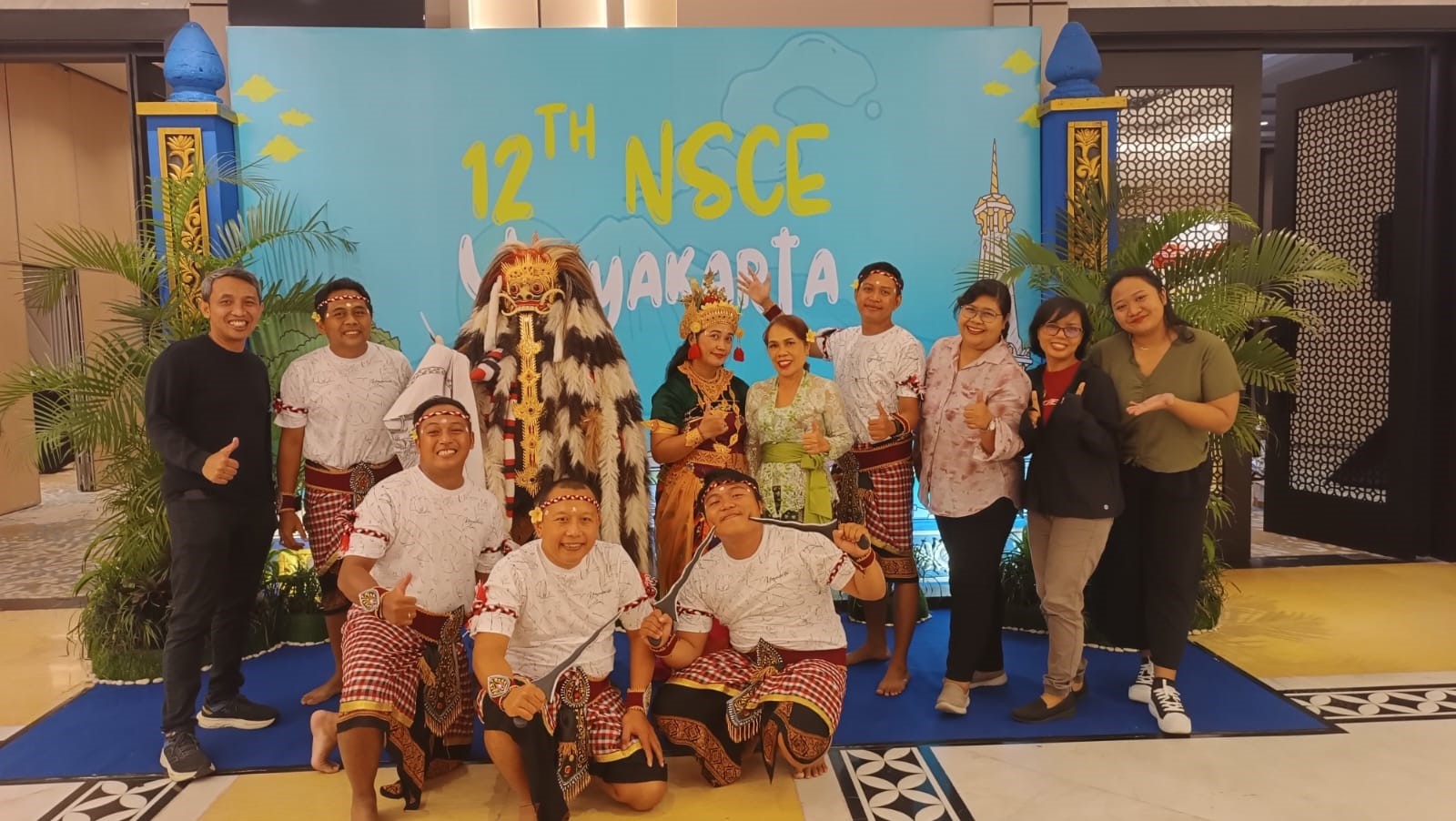
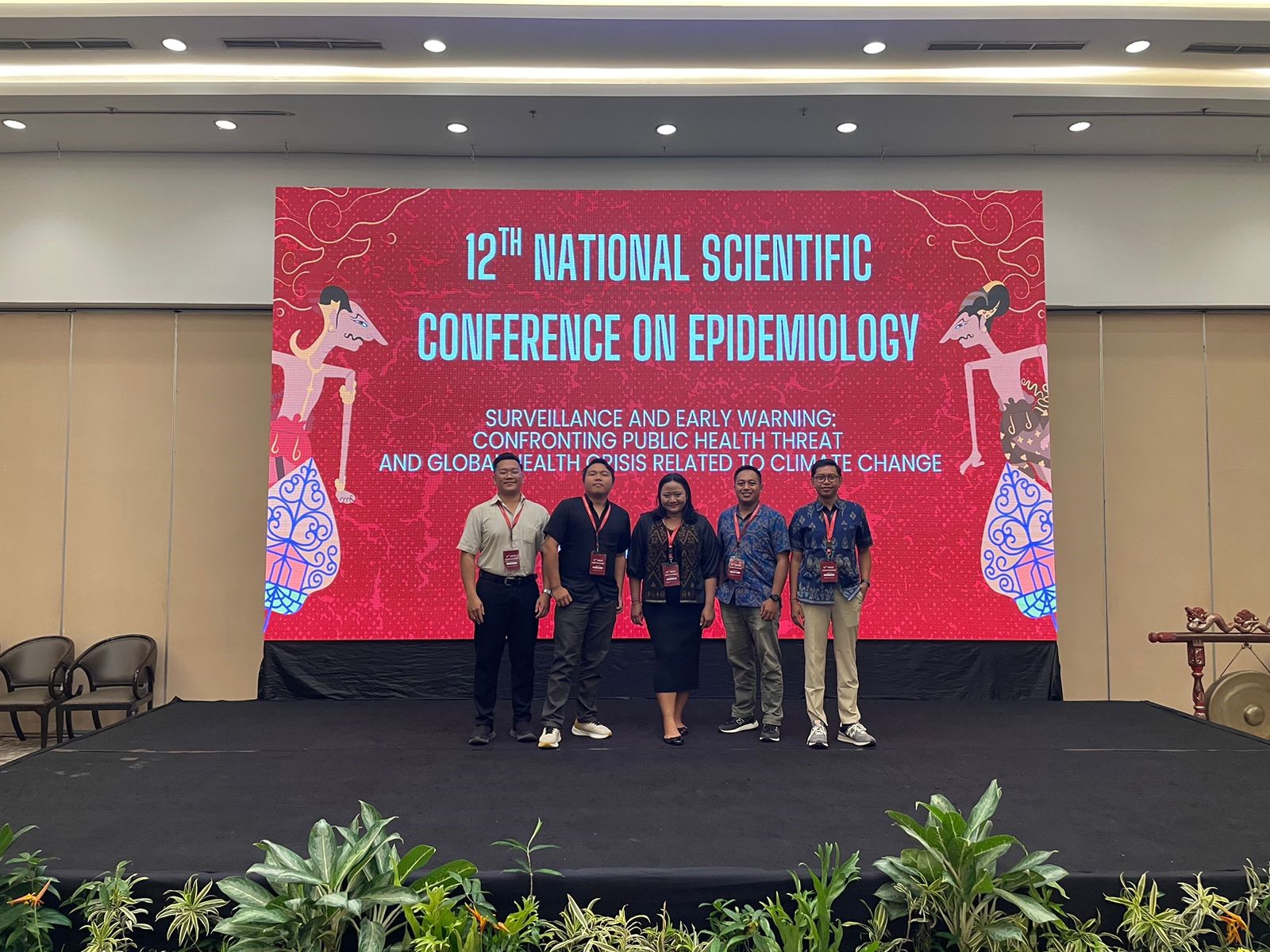
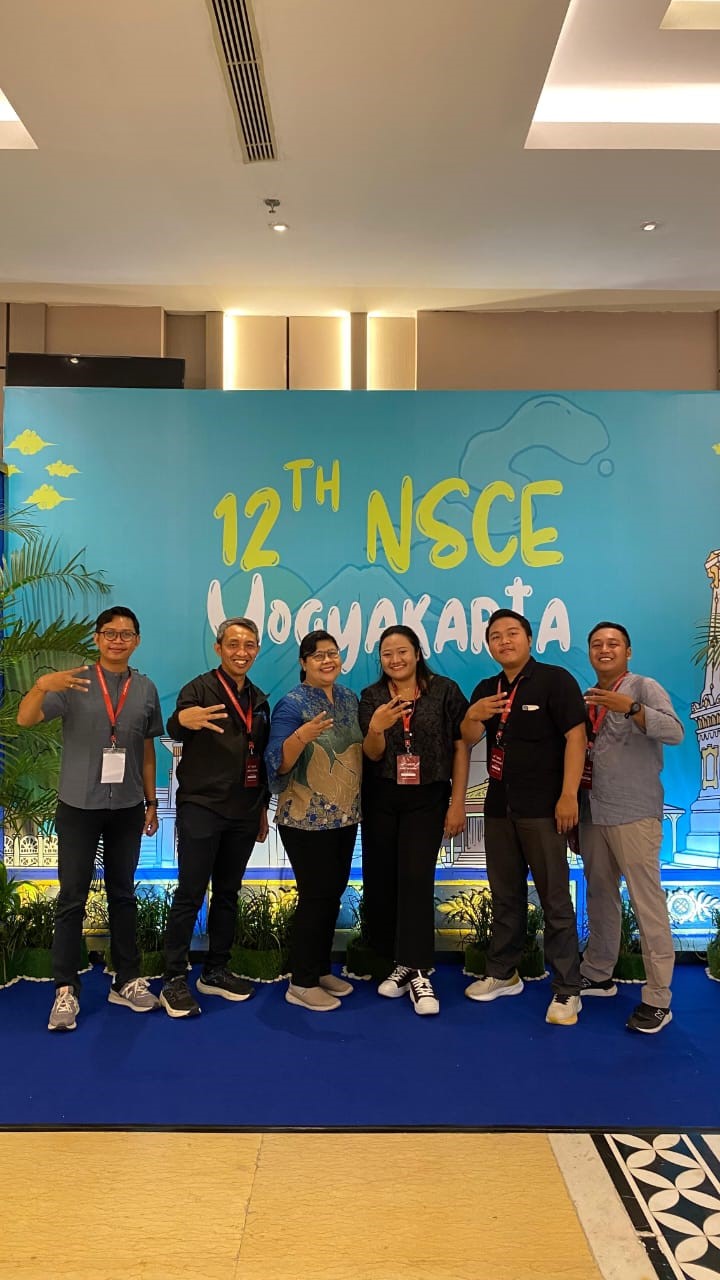
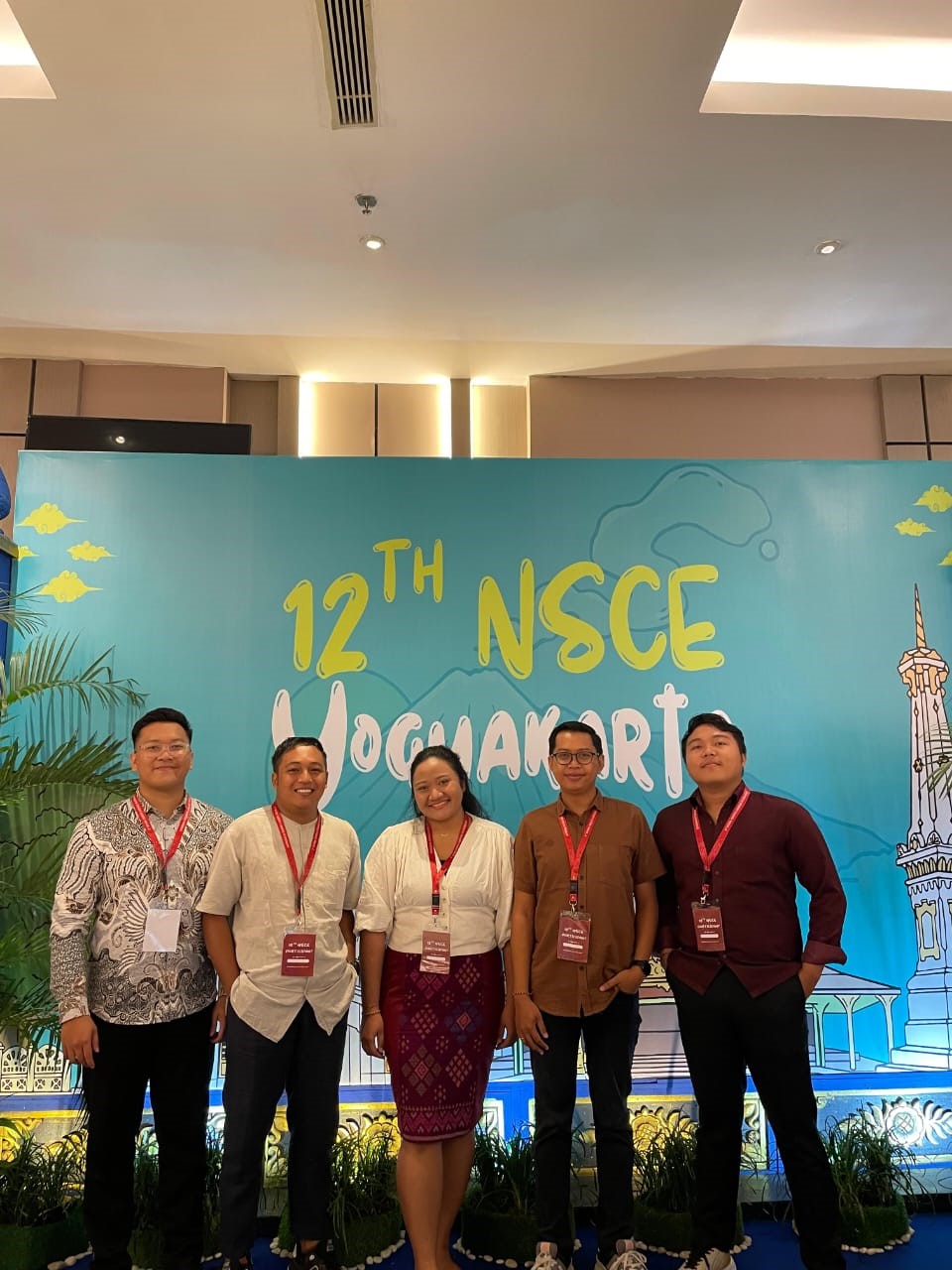
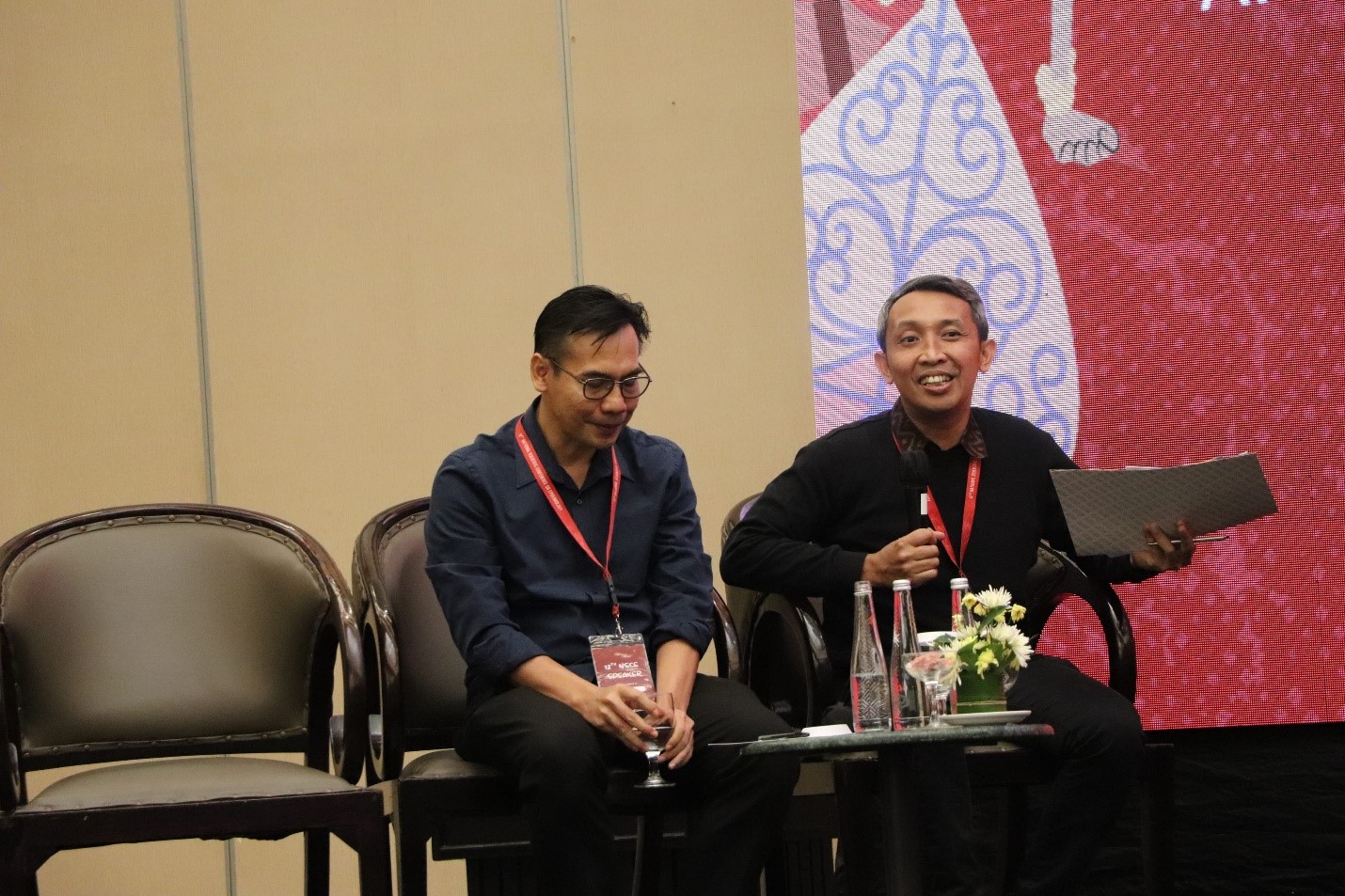
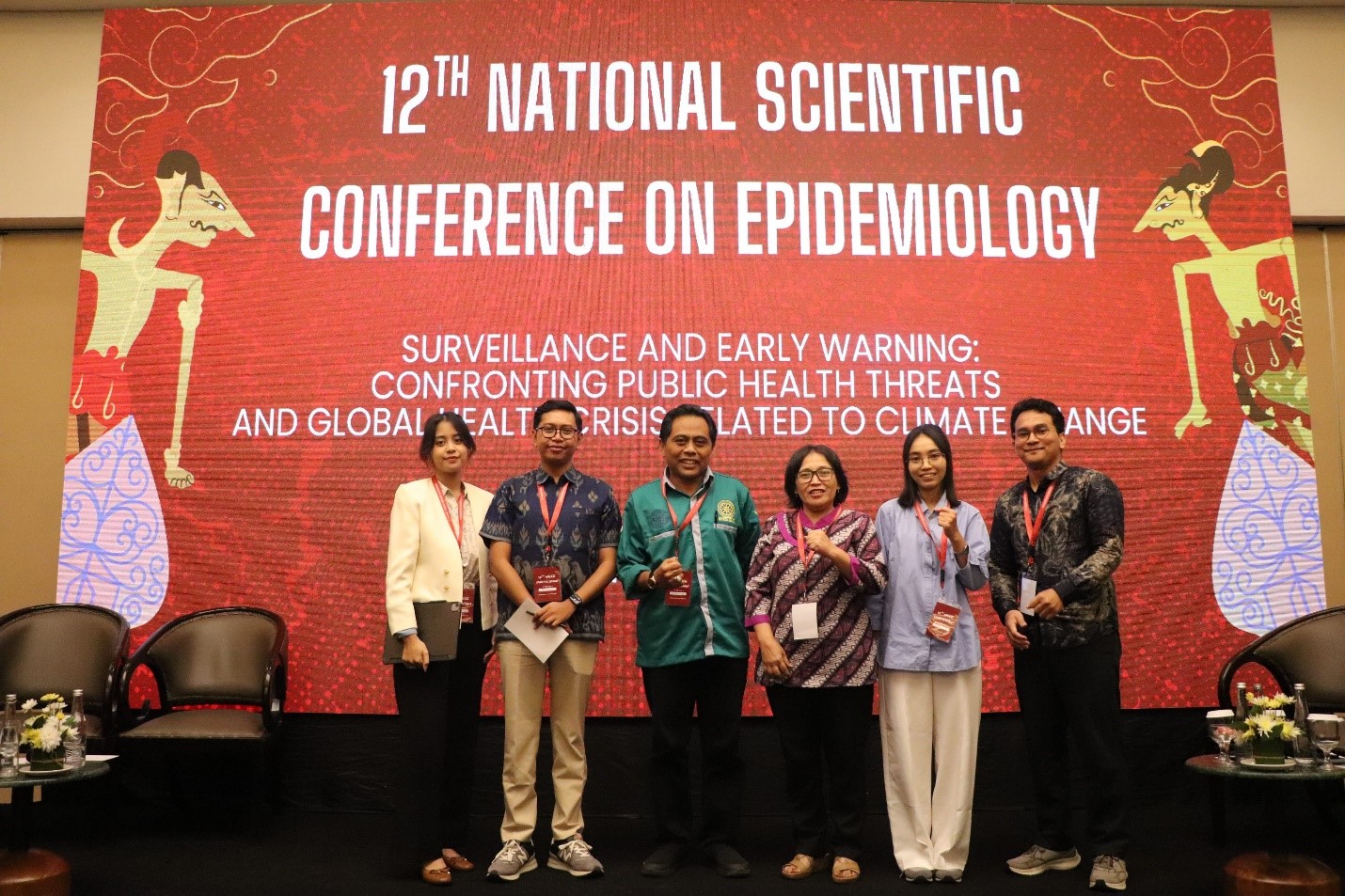
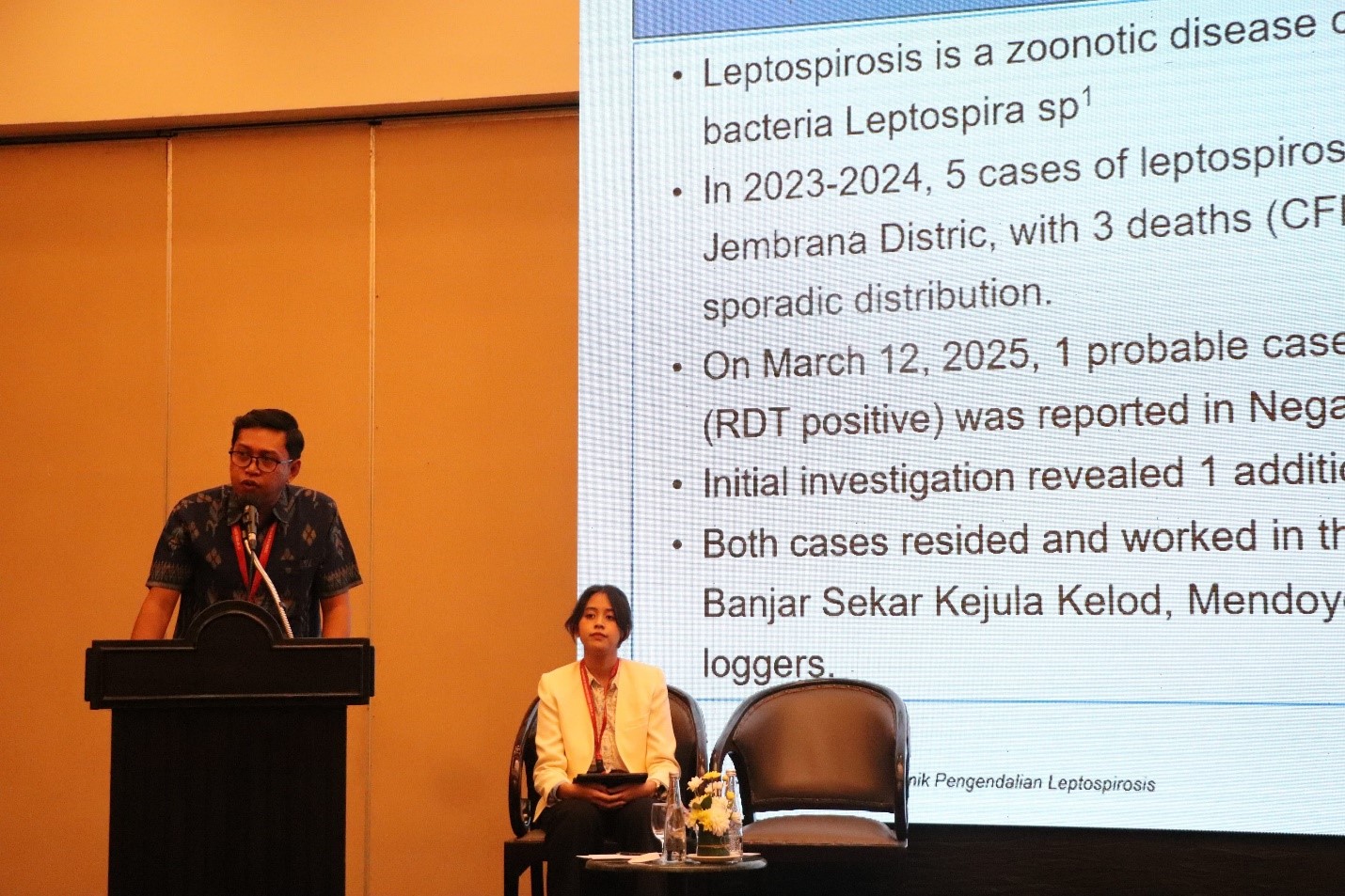
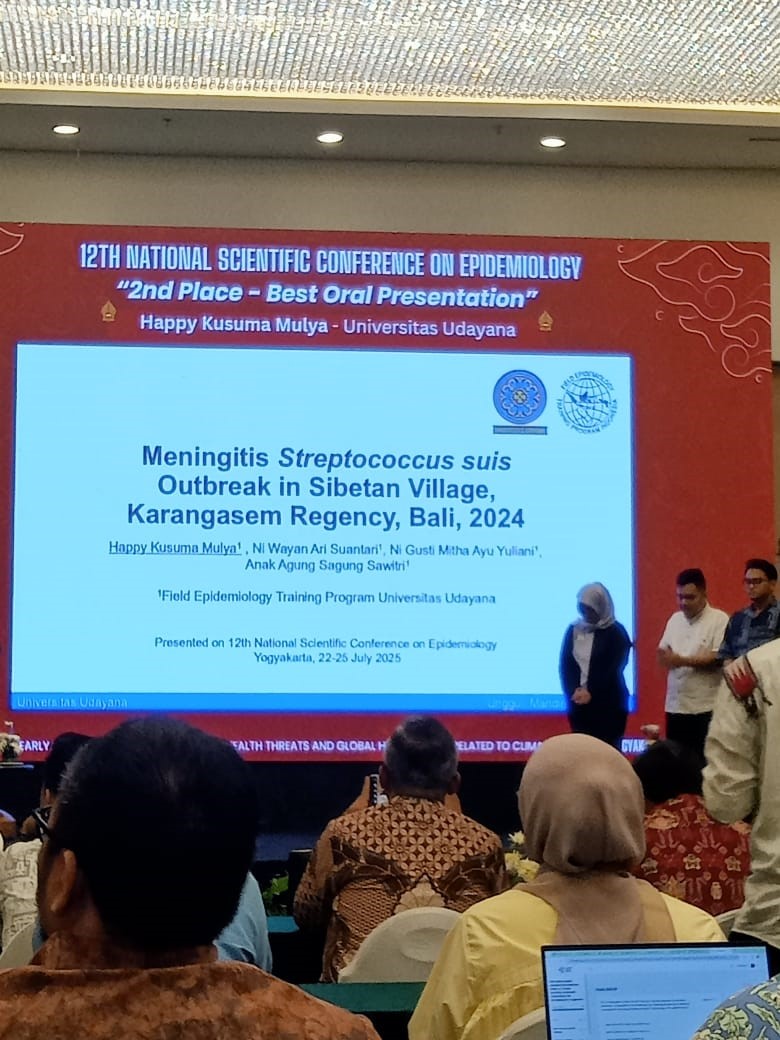
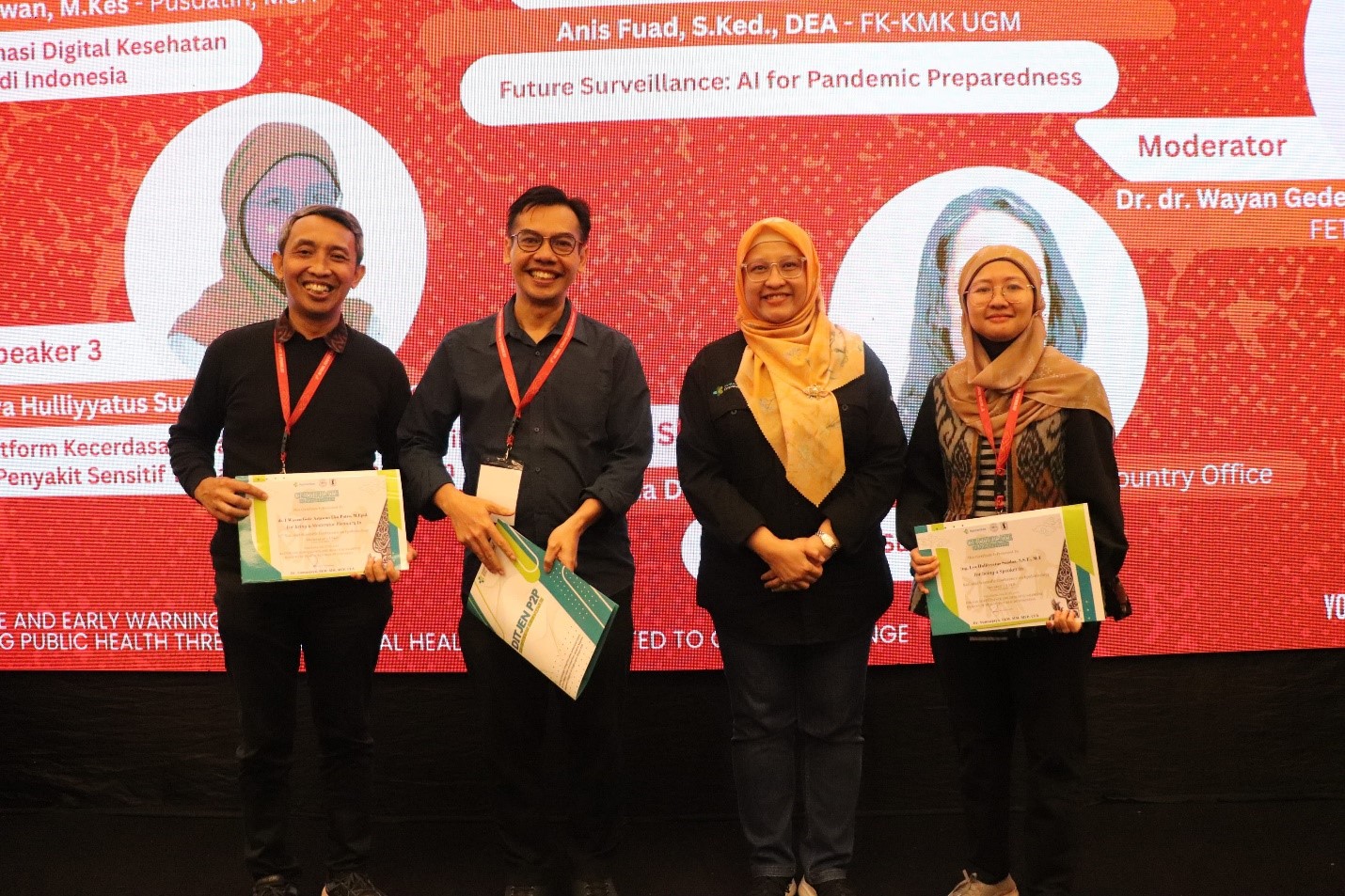
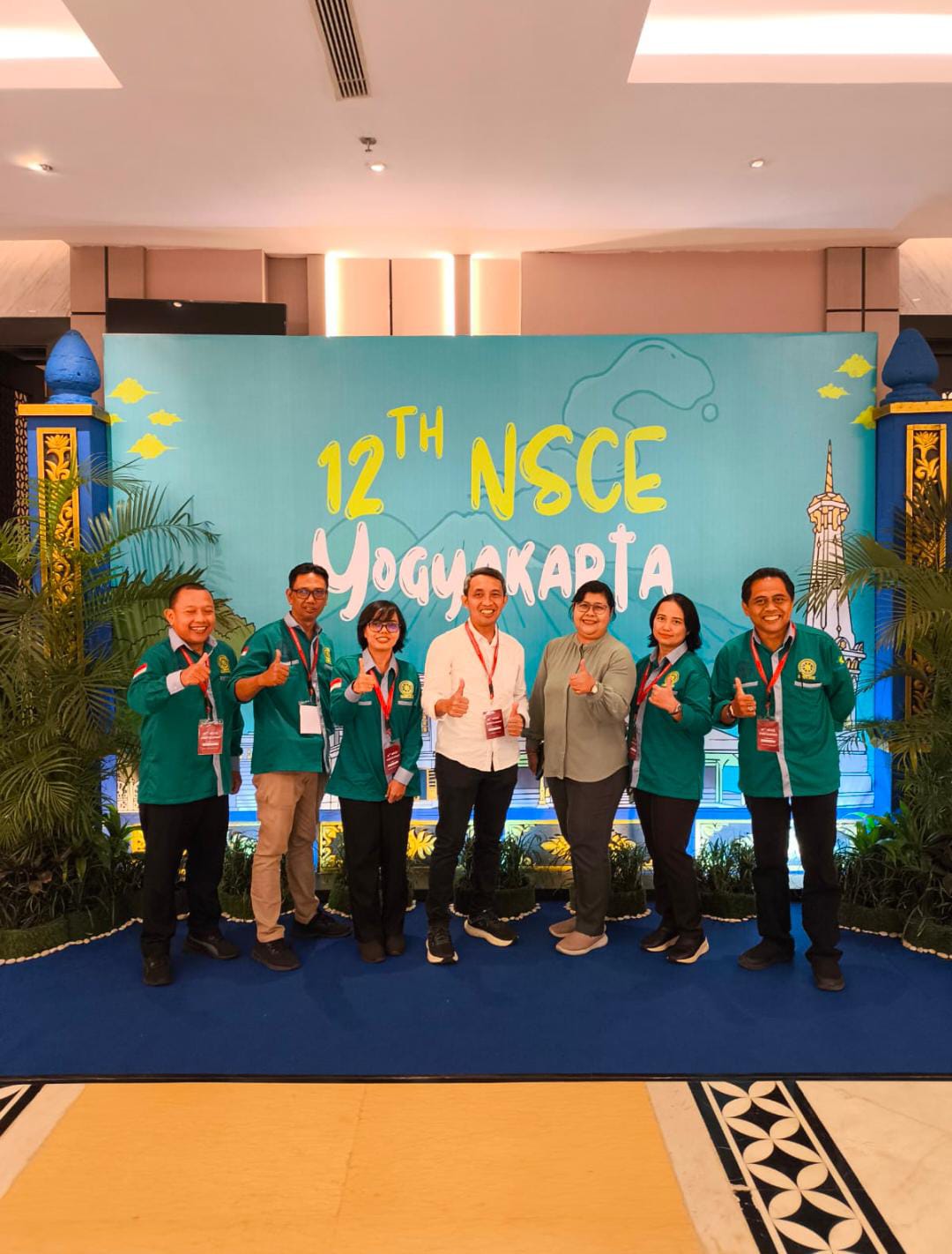


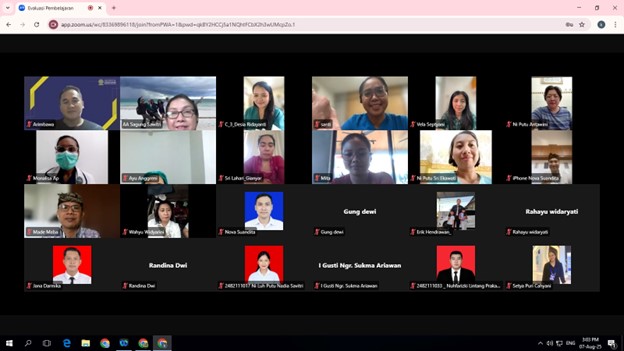
MEDICAL FACULTY